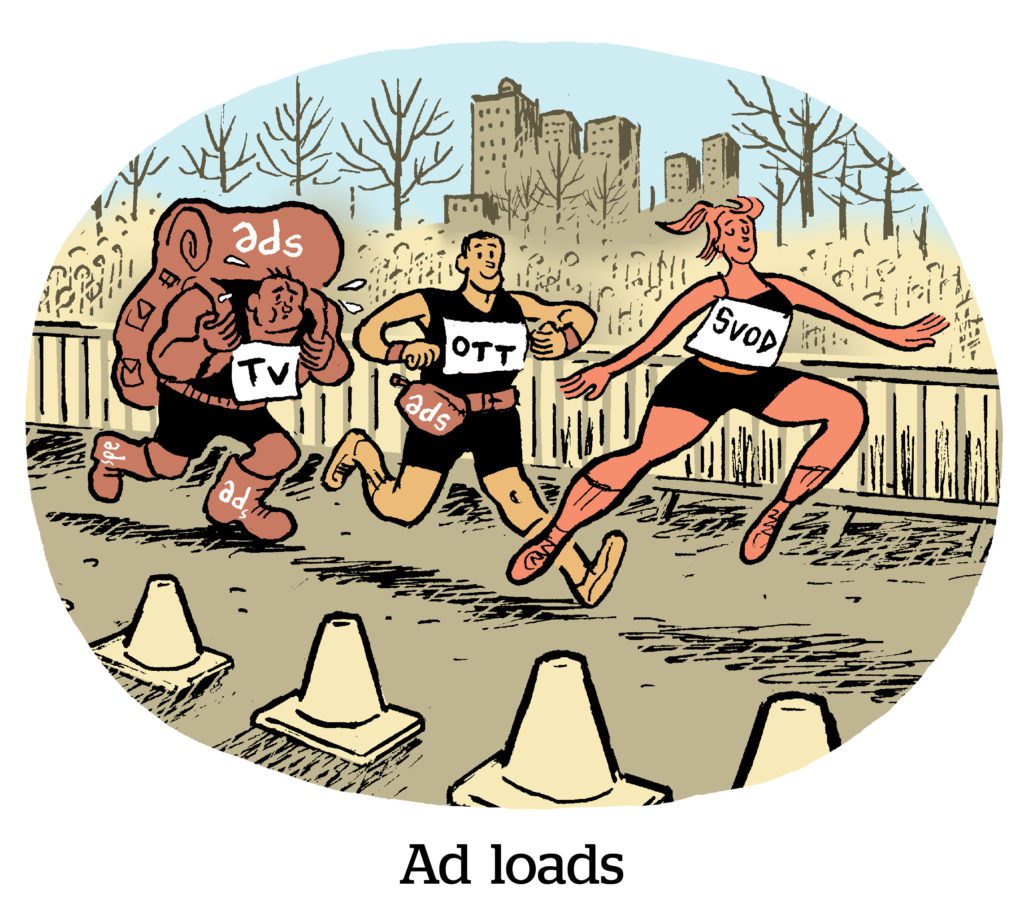Here’s today’s AdExchanger.com news round-up… Want it by email? Sign up here.
The MMM Transplant
Some call it media mix modeling; others call it marketing mix modeling. Regardless, there’s a noticeable uptick in advertisers incorporating MMM into ad measurement programs.
But MMM is old fashioned. It doesn’t involve user-level data, takes weeks (if not months) to perform and doesn’t attribute specific media. (For instance, MMM might tell you “TV” or “Radio” performed well, but not specific shows or channels.)
On the other hand, MMM is getting more attention as user-level data disappears and marketers figure out ways to speed up the workflow.
Multitouch attribution (MTA) had been poised to supplant MMM, but policy changes by Google and Apple made MTA, which relies on cross-site tracking, impossible.
Even so, MMM “can’t be the exclusive tool used for measuring the effectiveness of ad spend,” writes Eric Seufert at Mobile Dev Memo.
It may not suffer from the same challenges as MTA, but MMM doesn’t scale down to smaller channels, for one. And marketers also need to get used to a way slower pace of data gathering and decision-making without user-level analytics.
MMM programs also require way more patience and effort than most marketing orgs are prepared for, Seufert says. “I’ve seen MMM be rejected by host organizations like an unsuccessful organ transplant.”
Play Ball
TV ads are sold based on average show ratings and not the number of impressions or viewers at the specific moment when an ad airs – and that leaves room for arbitrage.
Normally, the arbitrage opportunity is nullified because audience counts are close enough throughout an episode and are difficult to predict. Even if an ad that runs at the 17-minute mark of an episode of CSI has more viewers than an ad three-quarters of the way through, how could you even target that?
Sports, though, is another story. Improved targeting on streaming and spot-level delivery during live games creates a real window for arbitrage, and savvy advertisers are taking advantage, Ad Age reports.
Audiences during live NFL games, for example, tend to ramp up quickly after the first quarter or before halftime. An ad served late during a close or heated game can accrue millions of essentially bonus impressions. By the same token, if it’s a blowout and fans stop watching, that same advertiser is a big loser, too.
It’s likely the market will keep moving in this direction, but to consistently trade on individual commercial minutes, the TV industry will need something it still sorely lacks: standardization. But massive investments in sports this year – particularly in streaming – might just force more progress.
Give Me Liberty Or Give Me Meh
Third-party data brokers rely on people’s innate laziness or disregard of the terms & conditions statements or privacy policies they sign up for. Now brokers hope these same instincts for indolence will help avoid having data expunged from their graphs.
California now has a data broker registry and the strongest individual rights for Americans to request and delete consumer data – and brokers are trying to prevent a new rule establishing a easy-as-pie mechanism for deleting profiles across that database, Bloomberg Law reports.
Most individuals won’t take the time to find out which brokers have their data and then request for it to be removed from those places one by one.
But if California establishes a mandatory easy button for doing just that – and does so by API – that means any browser plug-in or consumer privacy tool could offer a service that, say, monitors registered brokers to request data deletion whenever data attached to a certain individual pops up.
Ruh-roh.
Brokers won’t stand in the way of an individual’s right to request and delete personal data – but they won’t stay quiet about software that does so programmatically.
But Wait, There’s More!
Google announces new search-related features for the mobile version of Chrome. [Search Engine Roundtable]
YouTube reportedly wants to pay record labels to use their songs for AI training. [Engadget]
To compete with Temu and Shein, Amazon is planning a new discount service with cheap items that ship directly from warehouses in China. [The Information]
You’re Hired!
Yahoo has hired Rob Wilk, formerly the head of Microsoft Advertising, as its head of sales across all of its major consumer franchises. [Axios]













